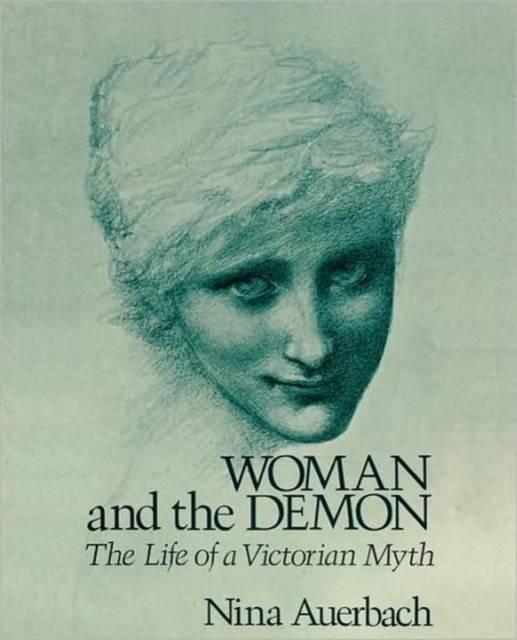
- Retrait gratuit dans votre magasin Club
- 7.000.000 titres dans notre catalogue
- Payer en toute sécurité
- Toujours un magasin près de chez vous
- Retrait gratuit dans votre magasin Club
- 7.000.0000 titres dans notre catalogue
- Payer en toute sécurité
- Toujours un magasin près de chez vous
62,95 €
+ 125 points
Description
Here is a bold new vision of Victorian culture: a study of myths of womanhood that shatters the usual generalizations about the squeezed, crushed, and ego-less Victorian woman.
Through copious examples drawn from literature, art, and biography, Nina Auerbach reconstructs three central paradigms: the angel/demon, the old maid, and the fallen woman. She shows how these animate a pervasive Victorian vision of a mobile female outcast with divine and demonic powers. Fear of such disruptive, self-creating figures, Auerbach argues, produces the approved ideal of the dutiful, family-bound woman. The awe they inspire associates them with characters in literature, the only vehicles of immortality in whom most Victorians could unreservedly believe. Auerbach looks at a wonderful variety of sources: Svengali, Dracula, and Freud; poets and major and minor novelists Carlyle, John Stuart Mill, and Ruskin; lives of women, great and unknown; Anglican sisterhoods and Magdalen homes; bardolatry and the theater; Pre-Raphaelite paintings and contemporary cartoons and book illustrations. Reinterpreting a medley of fantasies, she demonstrates that female powers inspired a vivid myth central to the spirit of the age.Spécifications
Parties prenantes
- Auteur(s) :
- Editeur:
Contenu
- Nombre de pages :
- 272
- Langue:
- Anglais
Caractéristiques
- EAN:
- 9780674954076
- Date de parution :
- 15-01-84
- Format:
- Livre broché
- Format numérique:
- Trade paperback (VS)
- Dimensions :
- 153 mm x 237 mm
- Poids :
- 430 g

Les avis
Nous publions uniquement les avis qui respectent les conditions requises. Consultez nos conditions pour les avis.






